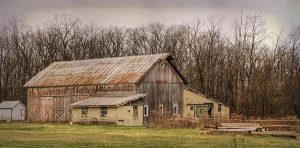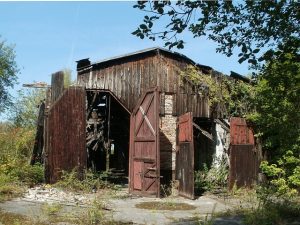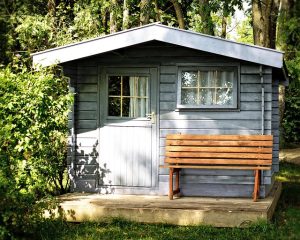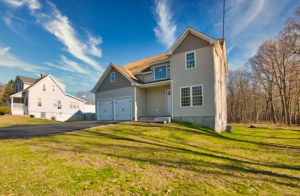Strengthening Farms Against the Elements: Albury Shed Solutions for Resilient Farm Structures
explore the critical role of robust farm shed solutions in protecting agricultural assets amidst the unpredictability of harsh weather. In “Albury Shed Solutions for Harsh Weather,” we delve into the significance of durable materials and resili…….
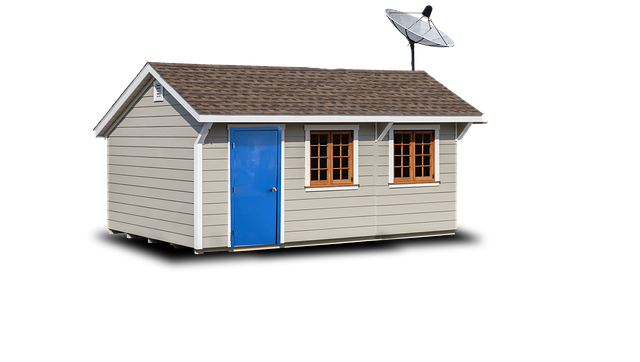
explore the critical role of robust farm shed solutions in protecting agricultural assets amidst the unpredictability of harsh weather. In “Albury Shed Solutions for Harsh Weather,” we delve into the significance of durable materials and resilient designs, offering insights on fortifying your farm. From selecting the right constructing materials to designing structures that can withstand extreme climates, this article provides a comprehensive guide tailored for Albury’s agricultural needs. Discover how Albury Shed Solutions offers custom-built options that not only maximize efficiency and safety but also bolster farm operations during intense weather events.
- Fortifying Your Farm: The Role of Durable Farm Sheds in Harsh Weather Conditions
- Material Matters: Choosing the Right Constructing Material for Farm Sheds to Withstand Extreme Climates
- Designing for Resilience: Best Practices in Shed Design to Combat Harsh Weather Elements
- Albury Shed Solutions: Custom-Built Solutions for Every Type of Agricultural Structure
- Maximizing Efficiency and Safety: How Albury Shed Solutions Enhance Farm Operations During Intense Weather
Fortifying Your Farm: The Role of Durable Farm Sheds in Harsh Weather Conditions
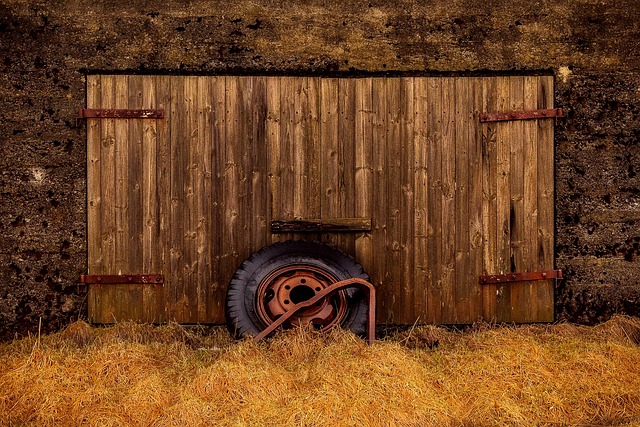
In regions where weather patterns are unpredictable and often harsh, protecting agricultural assets is paramount for a successful farm operation. Durable farm sheds play a critical role in safeguarding crops, machinery, and livestock from the elements. These structures are specifically designed to withstand the rigors of extreme conditions, be it intense heat, heavy rains, or high winds. Farmers opting for high-quality farm sheds can rest assured that their investments are protected year-round. The robust construction, often featuring galvanized steel frames and weather-resistant cladding, ensures that the contents within remain undamaged. Additionally, strategic placement of these sheds, such as on the leeward side of a property to shield from prevailing winds or at higher ground to avoid flooding, can further enhance their protective capabilities. By investing in farm sheds tailored for resilience against harsh weather conditions, farmers not only safeguard their produce and equipment but also contribute to the stability and longevity of their operations.
Choosing the right farm shed solutions is a decision that requires careful consideration of local climate data and the specific needs of the farm. Selecting a shed manufacturer with a proven track record in designing and constructing sheds for harsh weather conditions is essential. These manufacturers often incorporate advanced design features, such as high-pitch roofs to shed snow and rain effectively, and reinforced walls to resist high wind loads. Furthermore, options like insulation, ventilation systems, and durable sealants help maintain a stable internal environment, protecting sensitive agricultural products from both overheating and freezing temperatures. By integrating these features, farm sheds become not just storage structures but vital assets in the fight against environmental challenges, ensuring that farming activities continue uninterrupted despite the weather.
Material Matters: Choosing the Right Constructing Material for Farm Sheds to Withstand Extreme Climates

When constructing farm sheds in regions prone to harsh weather conditions, the selection of appropriate building materials is paramount to ensure durability and longevity. Farm Sheds must be robust enough to withstand the rigors of extreme climates, which can range from scorching heat to torrential rains or heavy snowfall. Steel remains a top choice for its strength and resilience; it’s highly resistant to rot and pest damage, critical factors in areas where these elements pose significant threats. Galvanized steel, coated with a protective zinc layer, offers additional corrosion resistance, making it an ideal material for farm structures exposed to moist or salty environments.
In addition to steel, aluminum is another viable option, particularly in coastal regions where salt corrosion can be detrimental to metal structures. Aluminum’s natural resistance to corrosion and its lightweight nature contribute to the longevity of farm sheds. For regions with extreme temperature fluctuations, material choices like high-tensile steel can accommodate thermal expansion without compromising structural integrity. Additionally, insulated panels can be incorporated into the design to maintain a consistent internal temperature, protecting sensitive agricultural equipment or stored goods from the elements. The right choice of materials not only protects the contents of the farm shed but also ensures that the structure itself remains standing, safeguarding it against the harsh realities of the weather in different climates.
Designing for Resilience: Best Practices in Shed Design to Combat Harsh Weather Elements
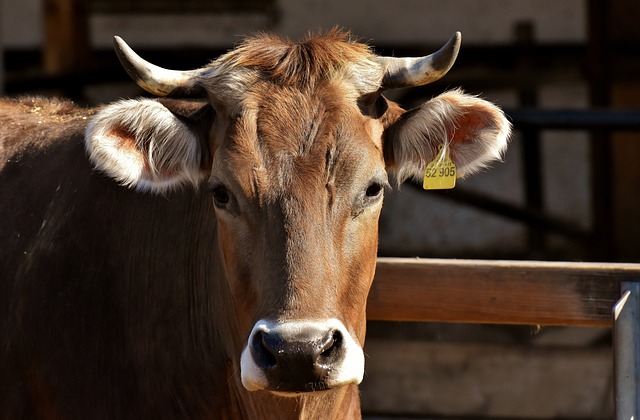
When designing farm sheds capable of withstanding harsh weather elements, it is imperative to incorporate resilience into every aspect of the structure. Utilizing durable materials like galvanized steel or treated timber ensures longevity against the relentless forces of nature. The roof design plays a crucial role; an optimal slope for snow and rain runoff prevents water accumulation, which can lead to damage. Adequate ventilation not only mitigates the impact of extreme temperatures but also maintains air quality within the shed, safeguarding stored materials.
Positioning farm sheds strategically with respect to prevailing winds is another best practice. Orientating the structure to minimize wind exposure can significantly reduce the risk of damage during storms. Additionally, reinforcing key structural components such as trusses and anchor points with hurricane ties or bracing can fortify the shed against high-wind events. Employing large overhangs and eaves to shield walls from direct sunlight and rain enhances the shed’s capacity to endure both extreme heat and heavy downpours. These design considerations are pivotal in creating farm sheds that not only meet the functional needs of agricultural operations but also stand the test of time and weather extremes.
Albury Shed Solutions: Custom-Built Solutions for Every Type of Agricultural Structure

Maximizing Efficiency and Safety: How Albury Shed Solutions Enhance Farm Operations During Intense Weather
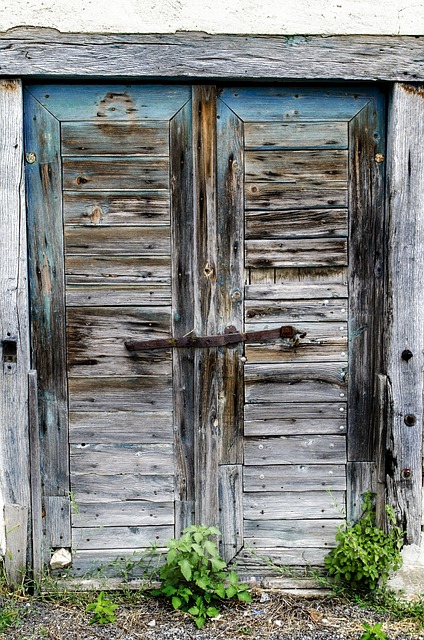
Albury shed solutions play a pivotal role in optimizing efficiency and ensuring safety for farm operations, especially during intense weather conditions. These structures are meticulously designed to withstand the elements, providing a secure haven for agricultural equipment, livestock, and feed storage. The robust construction of farm sheds in Albury utilizes durable materials that can endure the rigors of harsh winds, torrential rains, and scorching sun, thereby safeguarding crops and assets throughout the year. Moreover, the strategic placement of these sheds on farms allows for the organization of agricultural activities, minimizing disruptions caused by adverse weather.
Farmers in Albury are leveraging advanced shed solutions to maximize operational efficiency. These structures are equipped with features such as high-pitched roofs for better ventilation and natural light penetration, which not only promote the health of stored produce but also reduce the need for artificial lighting and heating, thus lowering energy costs. Additionally, the versatility of these sheds means they can be customized with additional elements like insulation, roller doors, and weatherproof seals to cater to specific needs, enhancing overall farm productivity. With Albury shed solutions, farms are better equipped to maintain smooth operations even during the most challenging weather scenarios, ensuring that agricultural activities proceed without significant interruption.
